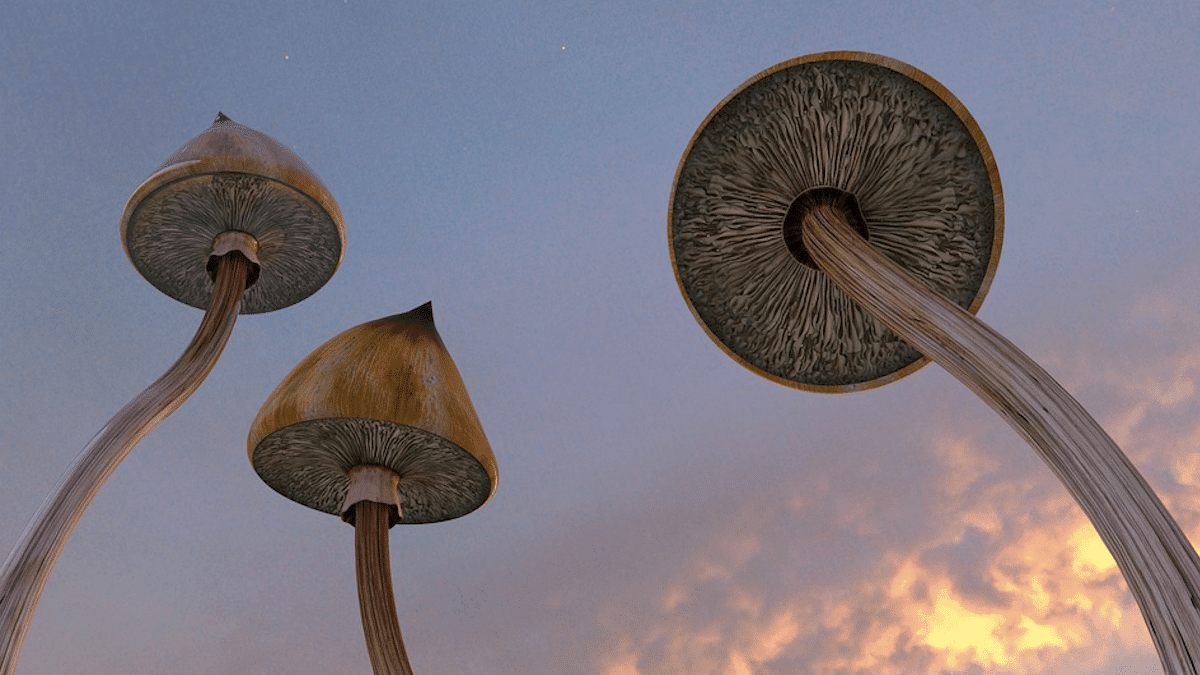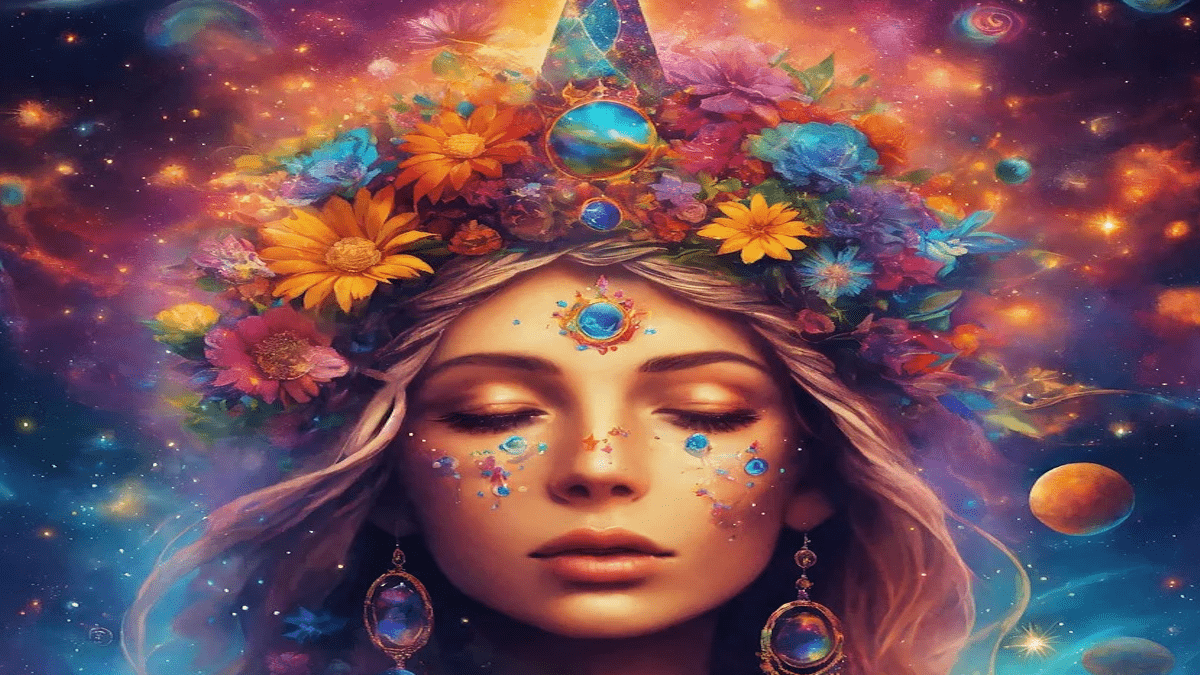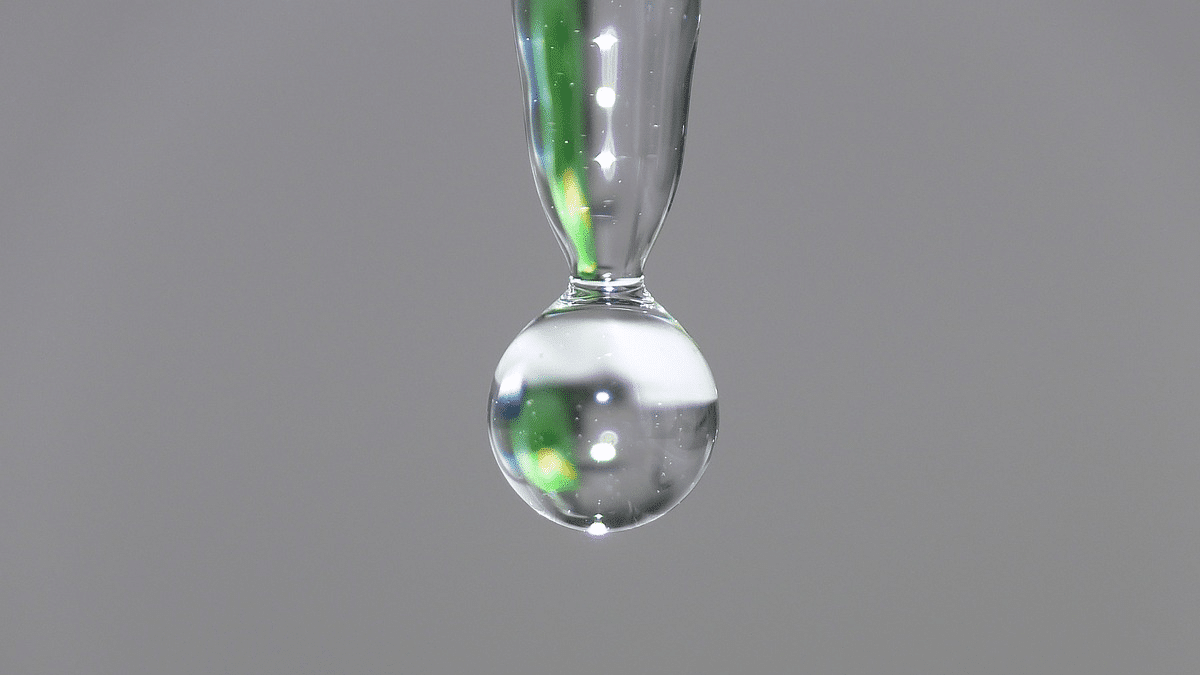Have you ever heard of using magic mushrooms and MDMA as treatments for depression and PTSD? In Australia, these psychedelic substances are actually used as part of therapies to help people deal with these mental disorders. While it may sound surprising, there are many scientific insights demonstrating promising results from this alternative approach.
Table of contents
Mushrooms as natural medicine
You've probably heard of magic mushrooms (psilocybin mushrooms) as recreational drugs, but did you know they can also offer therapeutic benefits? Mushrooms contain a psychoactive compound called psilocybin, which affects the action of serotonin in the brain. Studies have shown that psilocybin can be effective in reducing depressive symptoms and increasing emotional well-being in people with depression and PTSD.
How do magic mushrooms work?
When someone ingests magic mushrooms, the psilocybin is converted to psilocin in their body, which then interacts with certain parts of the brain responsible for regulating mood, thoughts and perception [1]. This can lead to an increase in positive emotions, enhanced introspection and an increased sense of connection with others. These effects can help reduce symptoms of depression and PTSD and can help people develop new perspectives on their experiences.
Clinical research and results
Several clinical trials have demonstrated the potency of magic mushrooms as a treatment for depression and PTSD [2]. In a recent study conducted by researchers at the University of Melbourne, it was found that patients who received psilocybin treatment reported significant reductions in depressive symptoms compared to the placebo group. Similar promising results have also been reported in studies on the effectiveness of mushroom-based therapies for PTSD.
MDMA as an aid in psychological therapy
MDMA, also known as "ecstasy" or "Molly," is known for its recreational use at parties and festivals. What is less well known is that MDMA is also used as an aid in psychotherapy, particularly in the treatment of PTSD. Under the guidance of trained professionals, this substance can help people process traumatic memories and break emotional blocks. When combined with psychotherapy sessions, MDMA can help facilitate deeper insight and healing.
Clinical research and results
Research on the effectiveness of MDMA in treating PTSD has shown promising results [3]. Several studies found that patients who received MDMA-assisted therapy experienced significant reductions in PTSD symptoms compared with traditional therapies. MDMA's ability to reduce social anxiety and improve connection with others may contribute to long-term outcomes and improve the quality of life of people with PTSD.
The future of psychedelic therapies in Australia
Although magic mushrooms and MDMA are still considered Schedule 9 substances, meaning they are illegal in Australia, there is growing interest in using them for therapeutic purposes. Researchers and health care providers are hopeful about the potential of psychedelic therapies to transform the treatment of depression and PTSD. The success of clinical trials has led to pressure on policymakers to review psychedelic research and treatment in Australia.
Sources:
[1] https://pubmed.ncbi.nlm.nih.gov/30685771/
[2] https://www.smithsonianmag.com/science-nature/why-psychedelic-drugs-may-become-a-key-treatment-for-ptsd-and-depression-180979983/







